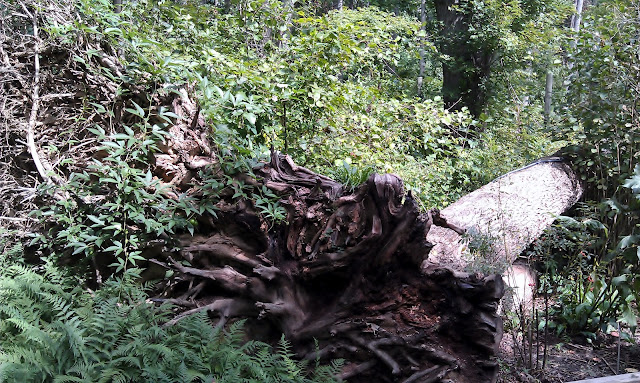Every day
I see or hear
something
that more or less
kills me
with delight,
that leaves me
like a needle
in the haystack
of light.
It was what I was born for—
to look, to listen,
to lose myself
inside this soft world—
to instruct myself
over and over
in joy,
and acclamation.
Nor am I talking
about the exceptional,
the fearful, the dreadful,
the very extravagant—
but of the ordinary,
the common, the very drab,
the daily presentations.
Oh, good scholar,
I say to myself,
how can you help
but grow wise
with such teachings
as these—
the untrimmable light
of the world,
the ocean’s shine,
the prayers that are made
out of grass?
 Today was a day I woke early, although I stayed in bed until the light began to creep into the room. While the darkness dissipated and shadows took on solid forms, I listened to the sounds coming through my open bedroom window. I once heard that you can tell the temperature by how fast a cricket chirps. This morning I listened as the sound of early commuters on Connecticut Avenue gradually silenced the slow stridation of cricket song in the pre-dawn chill and when I heard the trash and recycling trucks making their rounds, I finally roused myself out of bed.
Today was a day I woke early, although I stayed in bed until the light began to creep into the room. While the darkness dissipated and shadows took on solid forms, I listened to the sounds coming through my open bedroom window. I once heard that you can tell the temperature by how fast a cricket chirps. This morning I listened as the sound of early commuters on Connecticut Avenue gradually silenced the slow stridation of cricket song in the pre-dawn chill and when I heard the trash and recycling trucks making their rounds, I finally roused myself out of bed.Usually I'm so focused on looking for or at things that delight me that I don't pay attention to sounds. But at this time of year, the sounds are what draw me to my window-- the footfall of an unknown animal creeping across the backyard in the middle of the night, rain drops rustling the burnished leaves of the dogwood tree, the birds who take a mid-migration break like a busload of tourists on their journey south, foraging for food and using the facilities in the avian rest stop that is my yard.
Last week it was a flock of grackles that swooped in, blanketing the trees and the grass with their iridescent bodies. If I hadn't heard their shrieks and squawks I would have missed the ensuing scene when the black squirrel who likes to sit in the hollow of the maple tree scrambled down to chase them away. He'd scurry up to a bird and chatter at it until it flew out of his reach whereupon he'd turn his attention to the next closest invader.
 |
| Resist no bird, retain no bird, react to no bird, return to your sacred word. |
I've written about monkey or puppy mind before on this blog. Maybe I need to start a bestiary for meditation and add bird thoughts and squirrel reaction to the compendium. For now though, I'm going to go do my twenty minute sit and if the noisy bird thoughts do come, I'll try to remind myself if I can just stay in the cozy hollow of silence and presence, they'll eventually fly away.
















